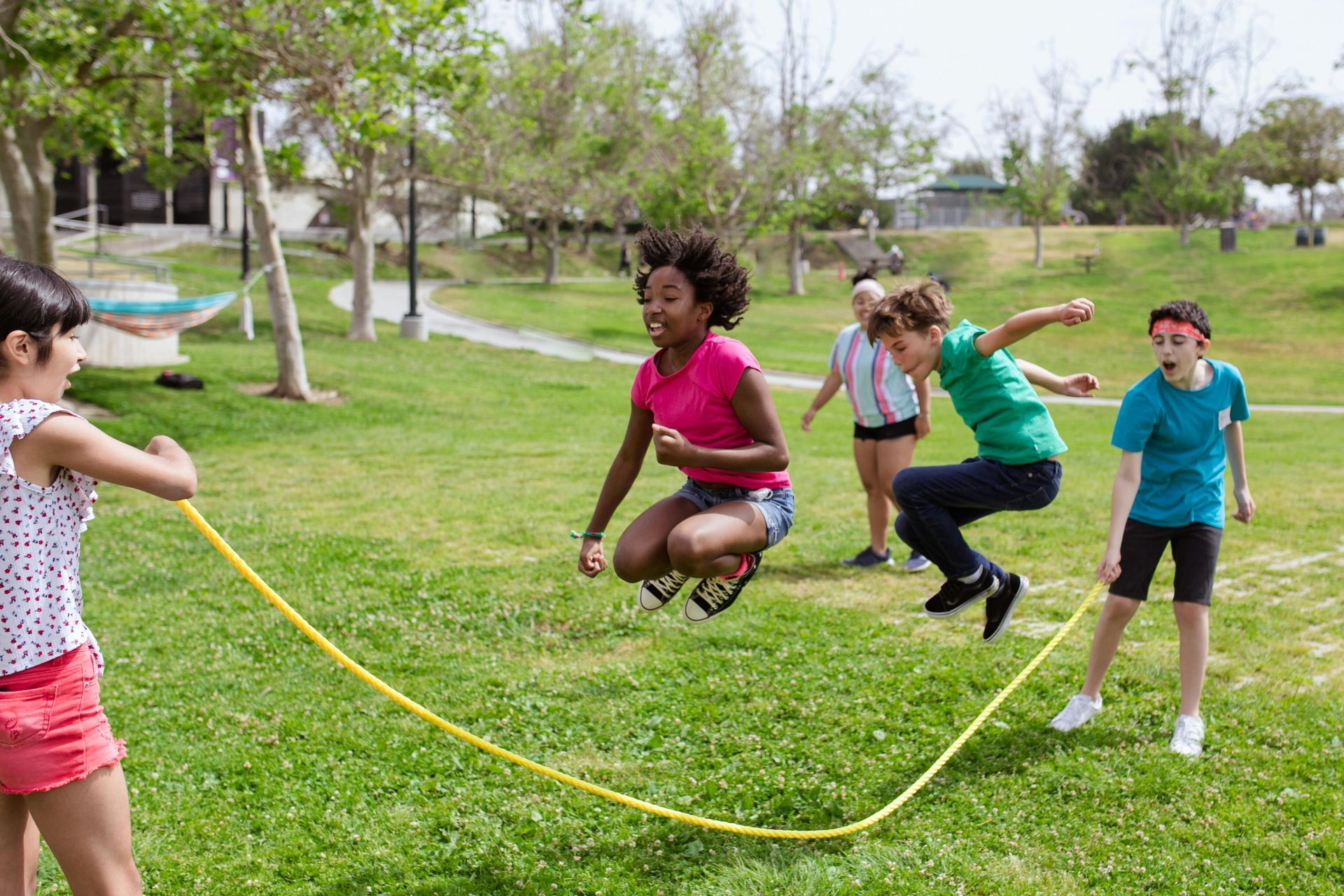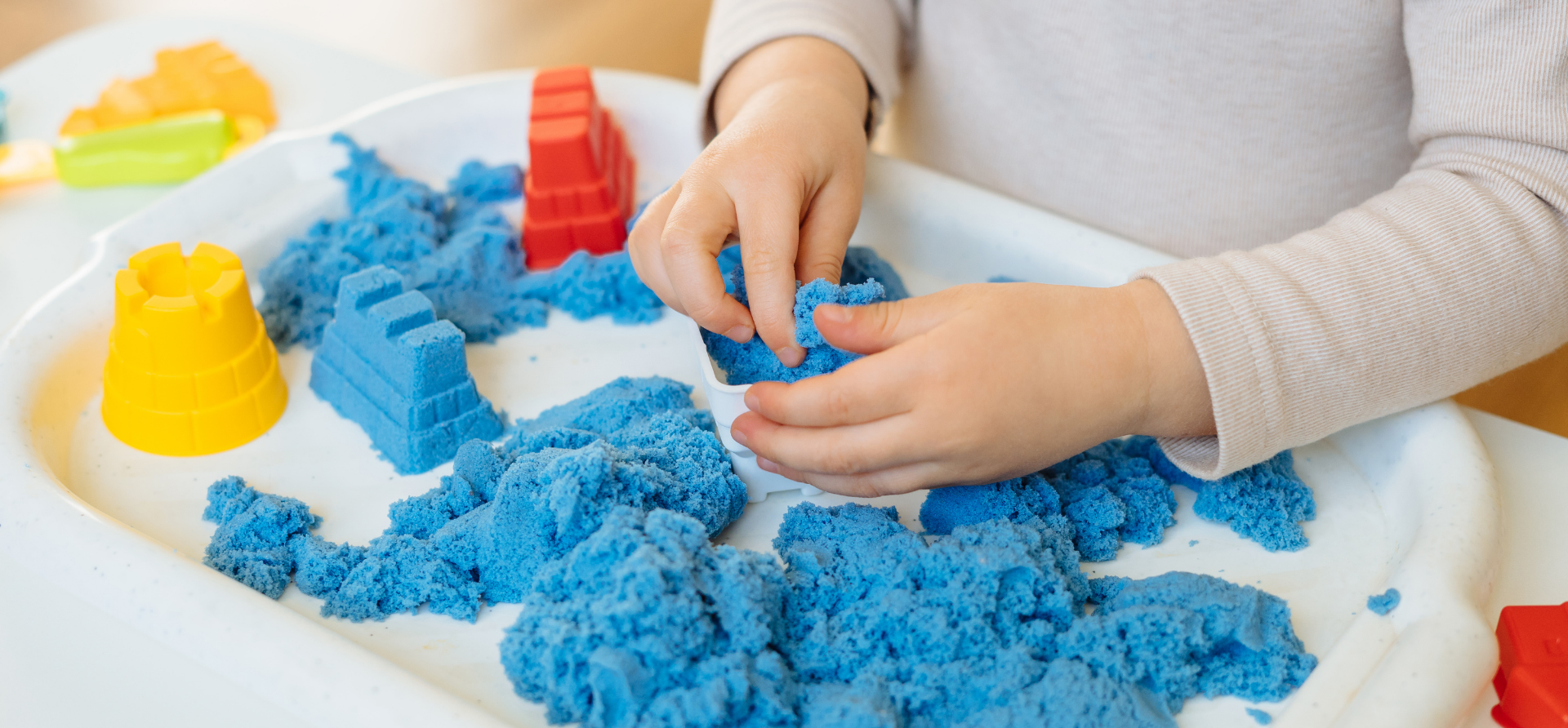How to Support Your Child’s Development During the Summer Break

Summer break is a time for children to relax, recharge, and enjoy some well-deserved time off from school. However, it doesn’t mean that learning has to stop. In fact, summer provides a unique opportunity for parents to support their child’s development in a fun, engaging, and less structured environment. Whether your child is just starting preschool or preparing for the next school year, there are countless ways to nurture their growth during the summer months. From fostering a love of reading to encouraging physical activity, here are several strategies to support your child’s development during the summer break.
1. Keep Reading a Priority
One of the most important things you can do for your child's development during the summer is to keep reading. Reading helps develop language skills, cognitive abilities, and a love of learning. Whether it’s reading a picture book together, visiting your local library, or encouraging independent reading, make it part of your daily routine.
Create a summer reading list with your child and let them choose books that pique their interest. Libraries often offer summer reading programs with fun challenges, prizes, and special events, so take advantage of these opportunities. You can also extend learning by discussing the stories you read together, asking open-ended questions about the plot, and encouraging your child to predict what happens next. The more you make reading a shared, enjoyable experience, the more your child will develop a strong foundation for literacy.
2. Incorporate Educational Activities into Play
Summer doesn’t have to be all about screen time and outdoor play. You can combine fun and learning by incorporating educational activities into play. Science experiments, cooking projects, arts and crafts, and even simple board games can all contribute to your child’s development.
For instance, while baking cookies, you can teach your child about measurements, fractions, and following instructions. Crafting offers a chance to practice fine motor skills, creativity, and problem-solving. Gardening or outdoor science experiments, like observing insects or planting seeds, can help children develop an appreciation for nature and science.
3. Encourage Physical Activity and Outdoor Play
Physical activity is essential for your child’s development, especially in the summer when the weather is warmer, and there are endless opportunities to be active. Whether it's biking, swimming, hiking, or playing sports, regular physical activity boosts your child’s health, coordination, and social skills.
Outdoor play also provides plenty of opportunities for children to develop gross motor skills, improve their balance, and explore their environment. Consider organizing playdates or encouraging your child to interact with other children in the neighborhood. Socializing through play helps develop important social-emotional skills like sharing, turn-taking, and conflict resolution.
You can also try setting up obstacle courses or engaging in fun physical games like scavenger hunts to keep your child’s interest while staying active.
4. Promote Social-Emotional Development
Summer is an excellent time to focus on your child’s social-emotional development. Without the typical structure of school, children often have more freedom to interact with others, both in their immediate family and with peers. Use this time to model positive social behaviors like cooperation, patience, and empathy.
Encourage your child to participate in group activities, attend summer camps, or get involved in community events where they can meet new friends and practice social skills. Help them work through conflicts that may arise and reinforce positive behaviors, such as sharing and using kind words.
Additionally, taking time for self-reflection can help children become more emotionally aware. After a fun outing or activity, ask your child how they felt about it, what they enjoyed, and what they learned. This helps build emotional intelligence and gives children the language they need to express their feelings.
5. Introduce New Interests and Hobbies
Summer break offers a perfect opportunity to introduce your child to new hobbies and interests. Whether it’s learning to play a musical instrument, exploring a new sport, trying new art techniques, or even practicing basic coding, new experiences help children grow their skills, boost their confidence, and expand their horizons.
Consider taking advantage of local summer camps or workshops that cater to your child’s interests. These programs often offer specialized learning experiences that can help your child discover new passions. Even if formal classes aren’t an option, you can introduce your child to activities at home by finding online tutorials or using materials you have around the house.
By introducing them to new things, you help broaden their knowledge and foster a sense of curiosity that will benefit them both during the summer and beyond.
6. Maintain a Flexible Routine
Although summer is about relaxation, maintaining a basic routine is essential for your child’s development. A routine helps children feel secure and provides structure, which is important for their emotional well-being. It doesn’t have to be as strict as during the school year, but having regular wake-up times, mealtimes, and bedtime routines can help your child feel more grounded.
Incorporate time for learning activities, creative play, physical activity, and relaxation into each day. By balancing structure with free time, you create an environment where your child can thrive while still having the flexibility to enjoy their break.
7. Focus on Building Independence
Summer is a great time to help your child develop independence. Whether it’s having them choose their own clothes, help with household chores, or make their own snacks, fostering independence gives your child a sense of responsibility and accomplishment. These activities also build essential life skills, such as organization, decision-making, and self-reliance.
Encourage your child to take on small tasks and praise their efforts, even if the results aren’t perfect. Allowing them to try new things on their own builds confidence and helps them develop a growth mindset, which is valuable as they continue their educational journey.
8. Emphasize Rest and Relaxation
Finally, don't forget the importance of rest. While learning and growth are essential during the summer, so is allowing your child the time to relax and recharge. Time for naps, quiet reading, or simply unwinding gives your child the opportunity to reflect on their experiences and absorb the knowledge they’ve gained.
Building in regular downtime also ensures that your child doesn’t become overwhelmed by too many activities. Whether it’s an afternoon spent playing at home or a family vacation, relaxation is a key part of supporting your child’s overall well-being.
Supporting your child’s development during summer break is part of a larger commitment to their growth and learning. As we discuss in our blog post
7 Advantages of Early Childcare Enrollment, enrolling your child in high-quality early childhood education programs sets the foundation for a lifetime of learning. Additionally, many families wonder about the benefits of year-round care, and our post on
Is Daycare All Year Round? Here’s the Truth can help you navigate the pros and cons of maintaining a structured schedule even during the summer months.
Conclusion
Summer break is a time of opportunity for both parents and children. By engaging in activities that promote learning, physical activity, social-emotional growth, and relaxation, you’re not only supporting your child’s development but also creating cherished memories that will last a lifetime. At Storybook School Orlando, we believe that summer is an important time to continue fostering curiosity, independence, and a love of learning, even when school is out. Whether through reading, outdoor play, or introducing new hobbies, there are endless ways to make the most of the summer break and support your child’s development.













